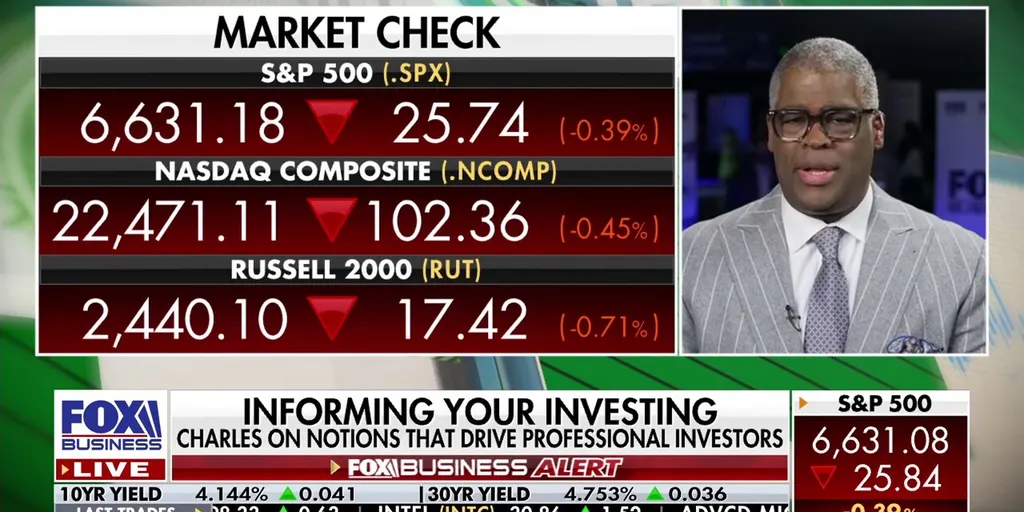By Priya Raghuvanshi
Copyright timesnownews

The global business landscape is rapidly evolving, and India is emerging as a hotspot for multinational companies seeking to revamp their trade and manufacturing strategies. According to Standard Chartered’s latest report, Future of Trade: Resilience, businesses worldwide are shifting their priorities, with technological innovation and economic expansion now competing alongside long-standing concerns such as tariffs. Insights gathered from a survey of 1,200 senior executives across 17 key markets and four industries reveal a significant inclination toward India. Nearly 50 per cent of respondents intend to boost or sustain their trade operations with India, while about 40 per cent plan to increase or maintain manufacturing facilities there. Notably, over 60 per cent of companies from major economies like the US, UK, Mainland China, and Hong Kong are focused on growing their trade ties with India. The Role of Emerging Technologies and Geopolitics While tariffs continue to be a significant concern for many companies, the report underscores how emerging technologies and overall economic growth are increasingly influencing corporate strategies. Approximately 53 per cent of executives identify these factors as critical drivers shaping the future of global trade. Geopolitical tensions are also impacting trade dynamics. For instance, the US recently imposed a 50 per cent tariff on Indian exports, including a 25 per cent penalty related to India’s ongoing imports of Russian oil. These measures reflect escalating global trade frictions, even as businesses actively seek ways to adapt. Global Trade And Supply Chain Ecosystems Sunil Kaushal, Global Co-head of Corporate & Investment Banking and CEO of ASEAN and South Asia at Standard Chartered, comments, “We are seeing strong demand from clients to evolve their global trade and supply chain ecosystems and accelerate the adoption of smart manufacturing and AI to drive efficiencies and offset rising costs.” He adds, “Although trade fragmentation is likely to hinder global growth in the short term, rising prosperity in developing economies and emerging technology mean that the picture, while complex, is still compelling.” Looking ahead, corporate leaders anticipate Asia will continue to be the engine of global trade growth in the next three to five years, with the Middle East gaining greater significance and the US remaining a key player. The report also points out specific trade and manufacturing corridors expected to experience significant growth.



